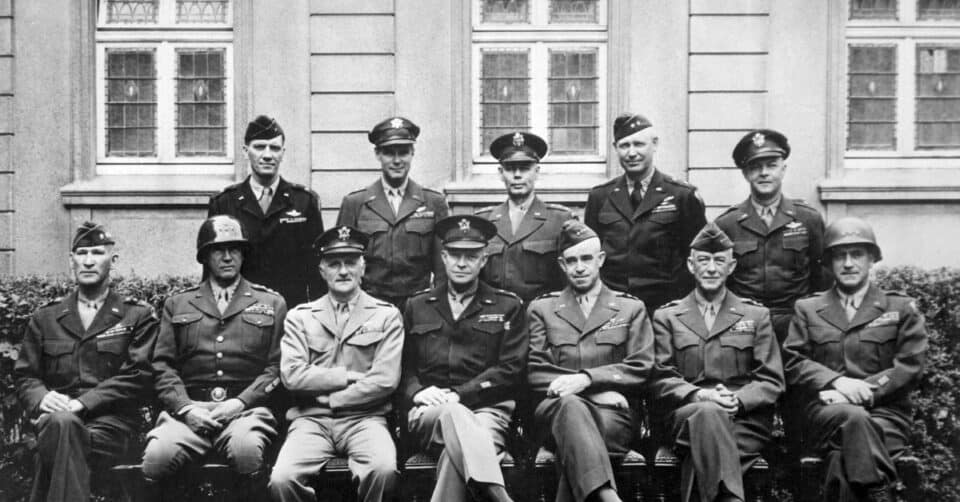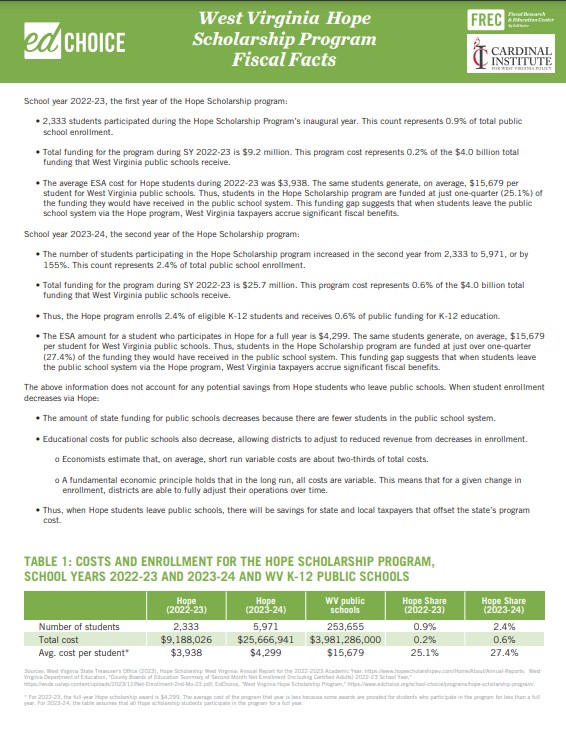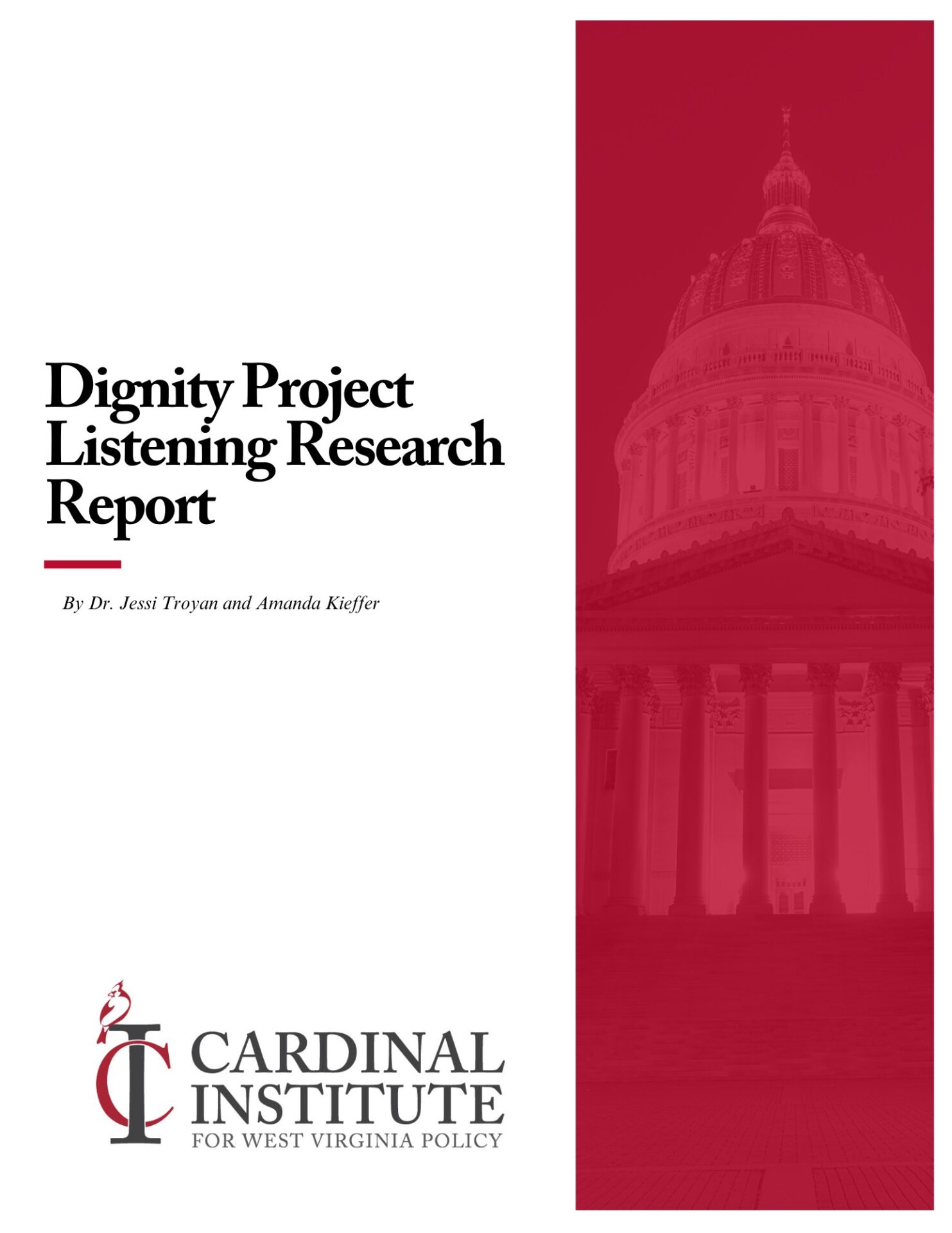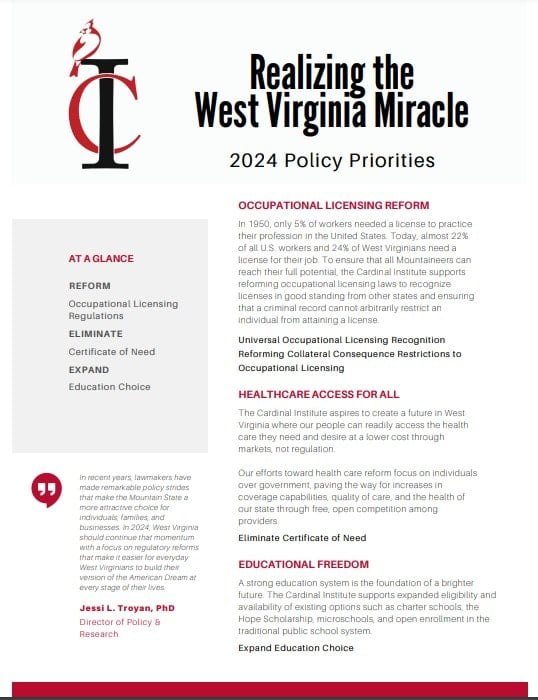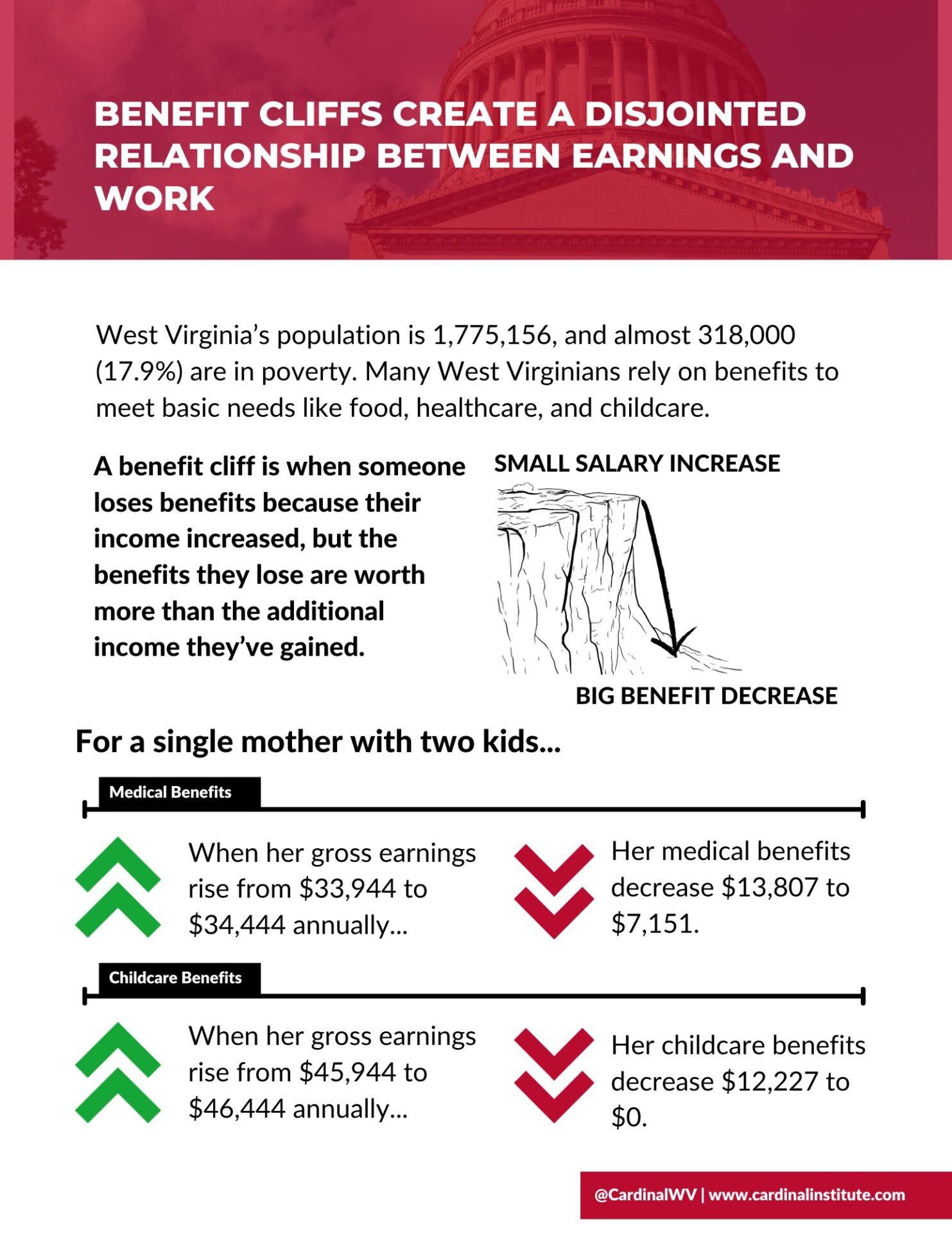It’s Groundhog Day in West Virginia
In the 1993 hit movie starring Bill Murray, Groundhog Day, Bill Murray’s sarcastic, cynical character, tv weatherman Phil Connors, wakes up experiencing the same day over and over again, which, as the title suggests, is Groundhog Day.
Once Phil realizes he cannot die, he begins to act as many would if they knew they wouldn’t die. He drinks too much, eats too much, takes unnecessary risks of all types and flavors, treats others poorly and, over time, looks for more creative ways to end it once and for all. However, Phil slowly begins to realize that he must make the world a better place. Even if fleeting and if only for a day – it is through this redemptive process that Phil is able to escape the time loop and begin living the rest of his life in earnest.
There is a similar process going on in West Virginia policy debates, specifically around the idea of tax reform. Every year, the Legislature, Governor, and myriad others discuss the need for transformative tax reform to set West Virginia’s economy on the righteous path to heretofore unseen prosperity and growth.
Tax Reform is Necessary for West Virginia’s Successful Future
Though there has been broad agreement around the idea the tax reform is a worthwhile, and, frankly, necessary, endeavor for West Virginia, there has been intense, even seemingly personal disagreement amongst policymakers about the best way to achieve reform, whether it’s the House fighting with the Senate, the Executive Branch fighting with the Legislature, and on down the line it goes. On one level, this is a great problem to have. It is better to fight over how and when to cut taxes, rather than the traditional West Virginian way of debating how and on whom to raise taxes. On the other hand, tax reform risks becoming an annual political wrestling match. It may lose energy, momentum, and the vigor that is required to pass monumental policy change through the political process.
The true threat to any major policy change isn’t opposition … it’s apathy. Nothing breeds apathy like repeated failures, so I believe we are entering something of a “now or never” period for tax reform in West Virginia.
Now is the Time for Tax Reform
Considering historic Republican supermajorities and historic state budget surpluses, now is the time for major tax reform. There are enough reform ideas floating around to keep even the most dedicated tax wonks busy for years. To be certain, it’s easier typed than done, but the path toward reform is, at this point, well-trodden by previous legislatures and other states. It is imperative that stakeholders sit down and form a plan that everyone can get behind. Policymakers also must understand that regardless of what idea they choose, special interest groups will come out of the woodwork to attack.
It’s how business is done in the legislative world, especially with major reforms. Want school choice? The teachers’ unions will howl and strike. Want right-to-work? Labor unions will come forth with the usual apocalyptic pronouncements. Want to get rid of certificate-of-need? Hospital associations will be knocking on your door. Certainly tax reform is no different. No one should be surprised, or dissuaded, when the ostensibly affected – and arguably short-sighted – interest groups show up en masse.
Eliminate the Income Tax
The Cardinal Institute will always support the complete elimination of the income tax as the summum bonum of West Virginia tax reform, if it’s done responsibly. But there are several other important and worthwhile goals on the way to full elimination. Cut down on the number of income tax brackets, decrease the marginal tax rate on income, which at 6.5 percent is, I will bet many of you didn’t know, the highest in the Mid-Atlantic. Yes, West Virginia has the highest marginal income tax rate of any of our neighboring states.
Shocking? Probably. Dumb? Certainly.
At this point, the most important thing is to get something smart but doable passed so the push for comprehensive tax reform can maintain momentum, and, when the timing is right, West Virginia can go all in. The money is there. The ideas are there. Promising signs of growth are there. The will? Well, we will see.
If not this year or possibly next year, then I am afraid the groundhog may always see its shadow and West Virginia may be in for a long, perpetual economic winter and may never escape its own time loop.
This has been Phil Connors reporting from WPBH-TV.
Garrett Ballengee is the Executive Director for the Cardinal Institute for West Virginia Policy.




